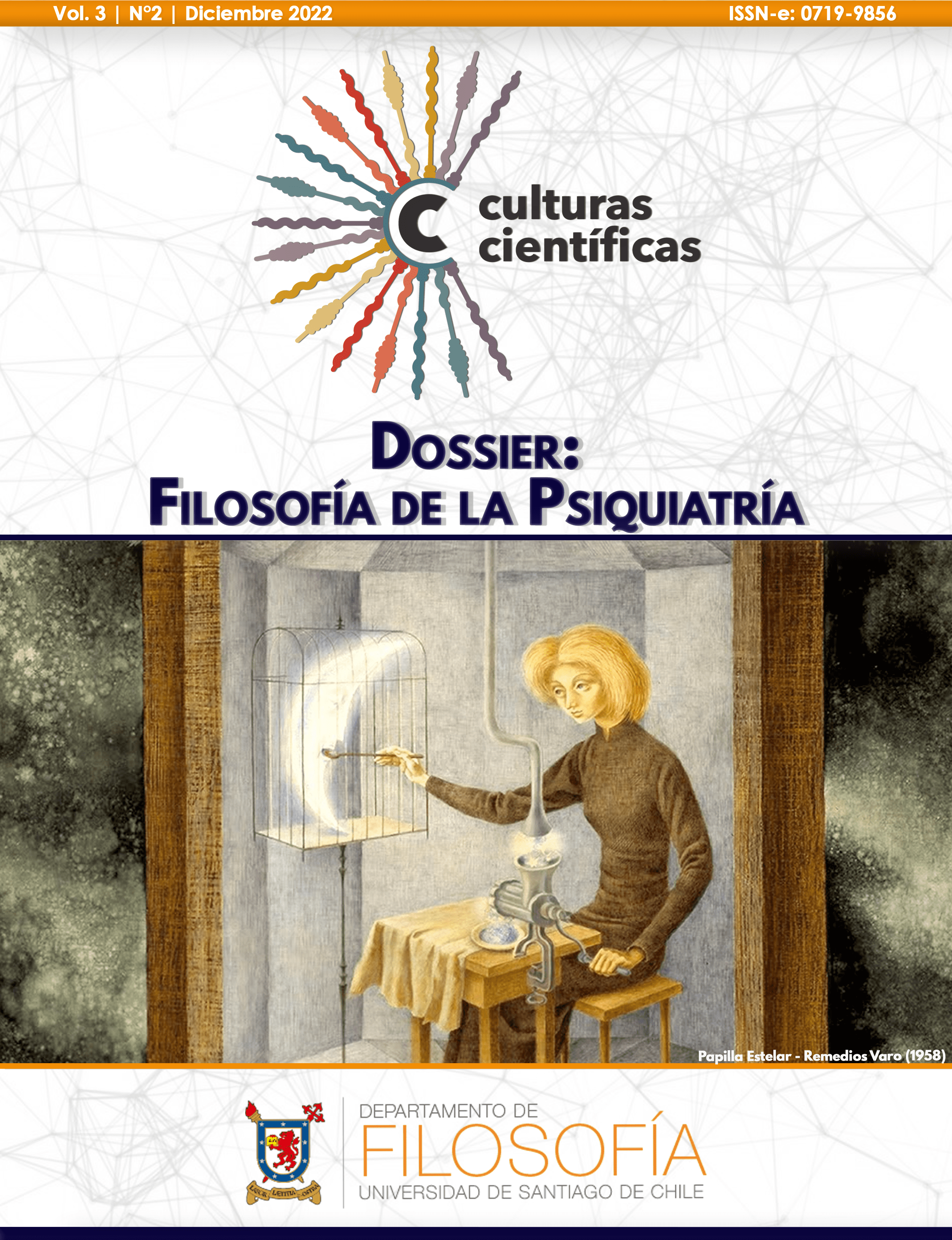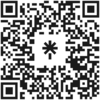Beyond Value Sovereignty
The Problem with Absolutism in the Values and Science Discussion
DOI:
https://doi.org/10.35588/cc.v3i2.5784Keywords:
Values in science, Absolutism, Relativism, Metaphilosophy, Ideal theoryAbstract
The following paper argues that issues in paradigmatic proposals for solving the new demarcation problem stem from absolutist assumptions about judgments of value legitimacy. Both the problem of uninformativeness (Larroulet Philippi 2020; Fernandez-Pinto 2014, 2015) and the problem of ambiguous judgments of cases (Hicks 2014; Intemann 2017) are explained by an absolutist pretension contained in one of the main aims of these proposals: providing criteria for differentiating legitimate from illegitimate uses of values, without qualification. After presenting the problems and showing how they stem from that common source, we will sketch a way forward, inspired mainly by Joseph Rouse’s Beyond Epistemic Sovereignty (1996), advancing routes that can allow philosophers of science to evade these pitfalls and engage with scientific practice in a more salutary manner.











